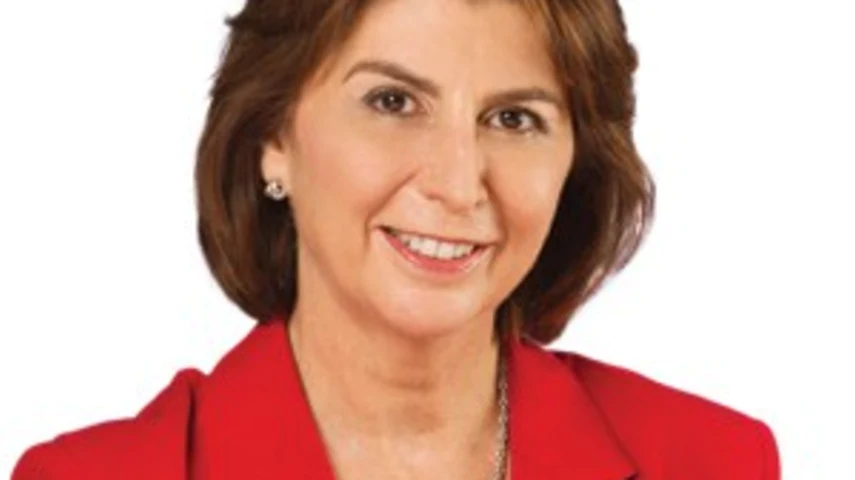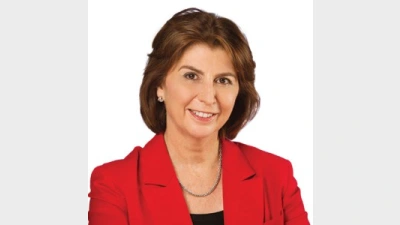Regulators will need to be pragmatic on super changes



Only one significant part of the Government's superannaution agenda remains to be passed by the Parliament — changes to the excess contributions regime — but Association of Superannuation Funds of Australia (ASFA) chief executive Pauline Vamos says the new legislative regime is far from ready for trouble-free implementation.
Commenting on the passage of the legislation through the Parliament last night, Vamos said the rapid pace at which the legislation had been introduced and the complexity it was imposing on the superannuation industry meant the regulators would need to adopt a suitably pragmatic approach.
However, she said that in the absence of the final pieces of legislation making their way through the Parliament, both the superannuation industry and the regulators would have been left in a difficult position.
"We would have been left tied in knots," she said.
"However, given the pace at which this was handled, I do not think anyone would pretend that we fully understand all the factors and the unintended consequences, and that is why the regulators will need to be pragmatic in how they deal with the industry through the implementation phase," Vamos said.
The Minister for Financial Services and Superannuation, Bill Shorten, last night issued a statement describing the passage of the four Stronger Super bills as representing the completion of some "historic and hard-fought reforms aimed at making the superannuation system more transparent, efficient and fairer by stripping away unfair and hidden fees, allowing those approaching retirement to top up their super when the markets are strong and they need it most, and capping tax concessions on super for wealthier Australians to make the system more sustainable for the future".
The Shadow Assistant Treasurer, Senator Mathias Cormann, noted that the legislation had resulted in the Government formalising its broken promise on concessional contribution caps, by re-increasing them to just $35,000 for people over 60 from 1 July 2013 instead of the $50,000 for people over 50 promised before the last election.
"That cap was $100,000 for people over 50 under the Coalition," he said.
Cormann said the Government had also voted against independent directors on industry super fund boards, even though its own Cooper Review had recommended the measure as an important corporate governance improvement.
The Opposition spokesman was also critical of the timing of the legislation, saying that with less than a week to go before implementation and regulations not yet finalised, it was an absolute disgrace.
"A number of major super funds are likely to be non-compliant from 1 July 2013 as a result of the chaotic, dysfunctional and incompetent way Bill Shorten has progressed some of these changes," he said. "Super funds and other businesses should not have to rely on the good will of Government and the regulators in relation to compliance with laws that were badly handled by the Minister."
Recommended for you
ASIC has commenced civil penalty proceedings in the Federal Court against superannuation trustee Diversa Trustees, regarding the First Guardian Master Fund.
The winners have been announced for the 2025 Super Fund of the Year Awards, held in Melbourne on 26 November by Money Management's sister brand Super Review.
Data and technology provider Novigi has acquired Iress’ superannuation consulting and managed services business from Apex Group.
AMP is to launch a digital advice service to provide retirement advice to members of its AMP Super Fund, in partnership with Bravura Solutions.











